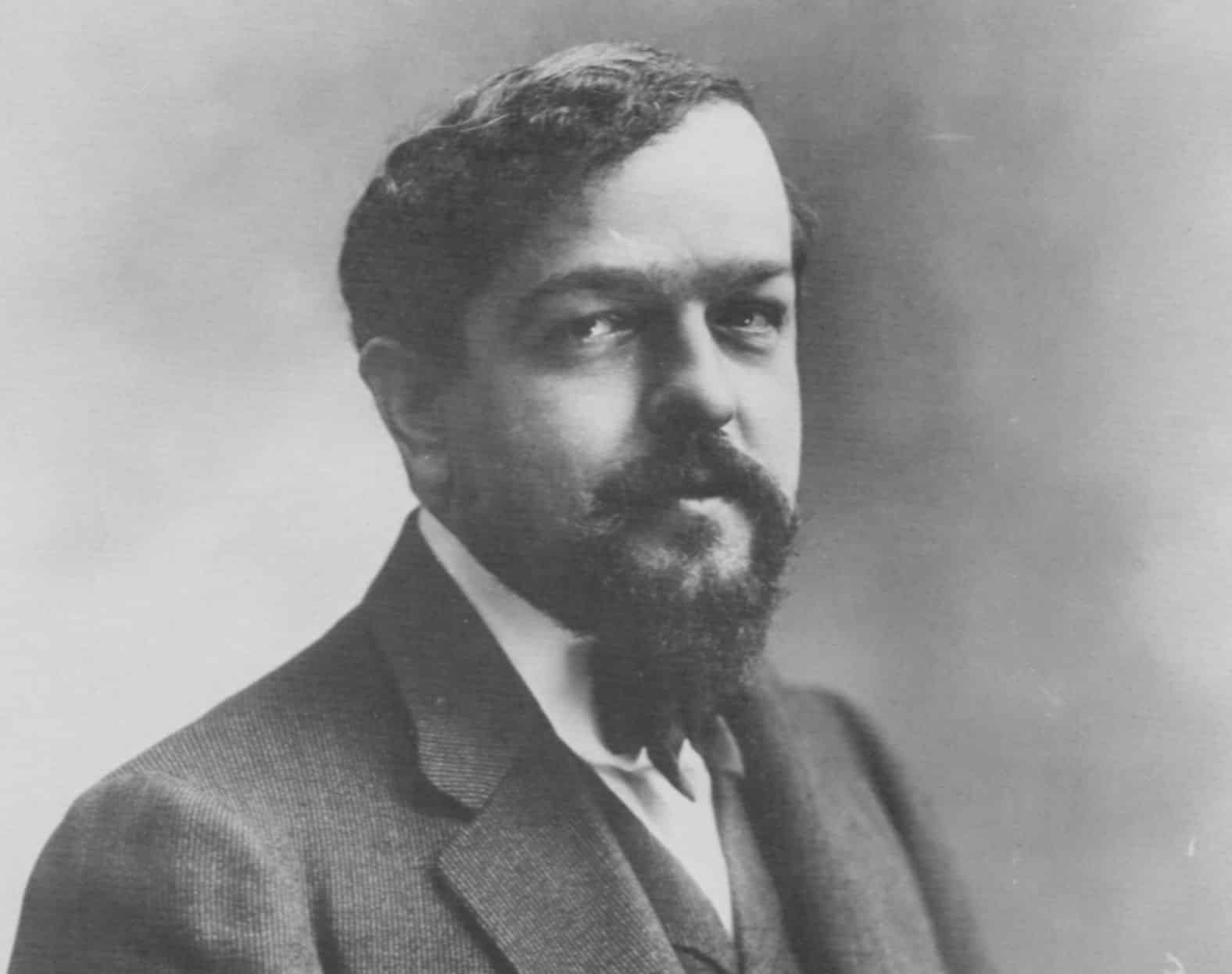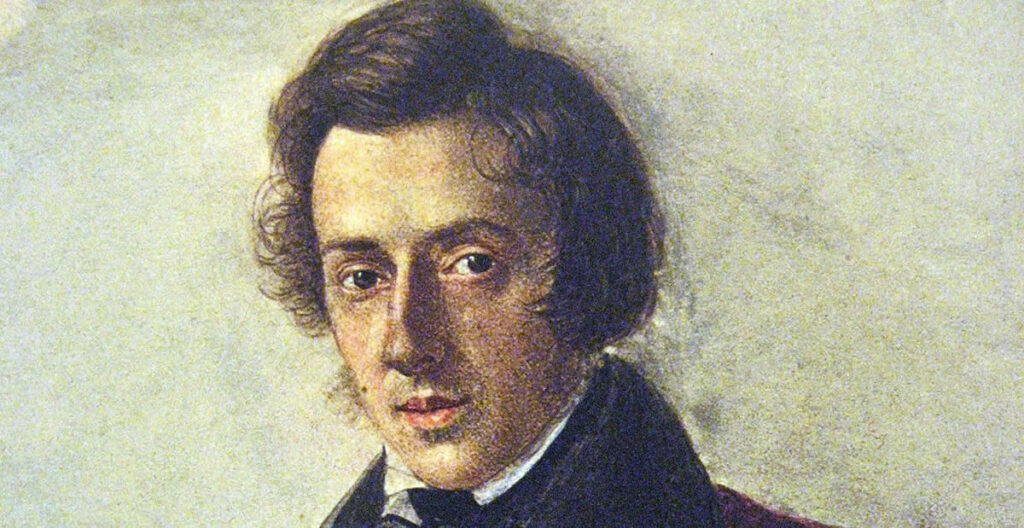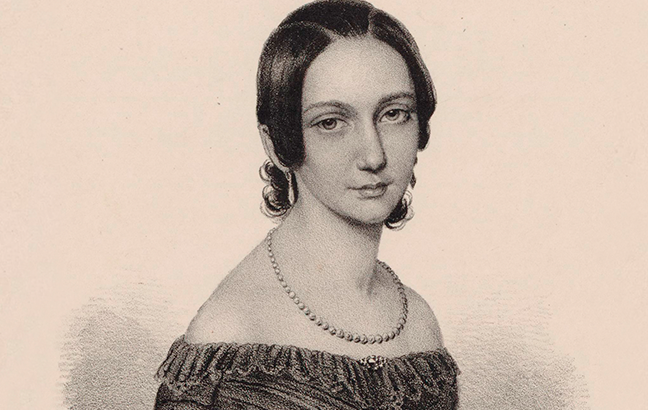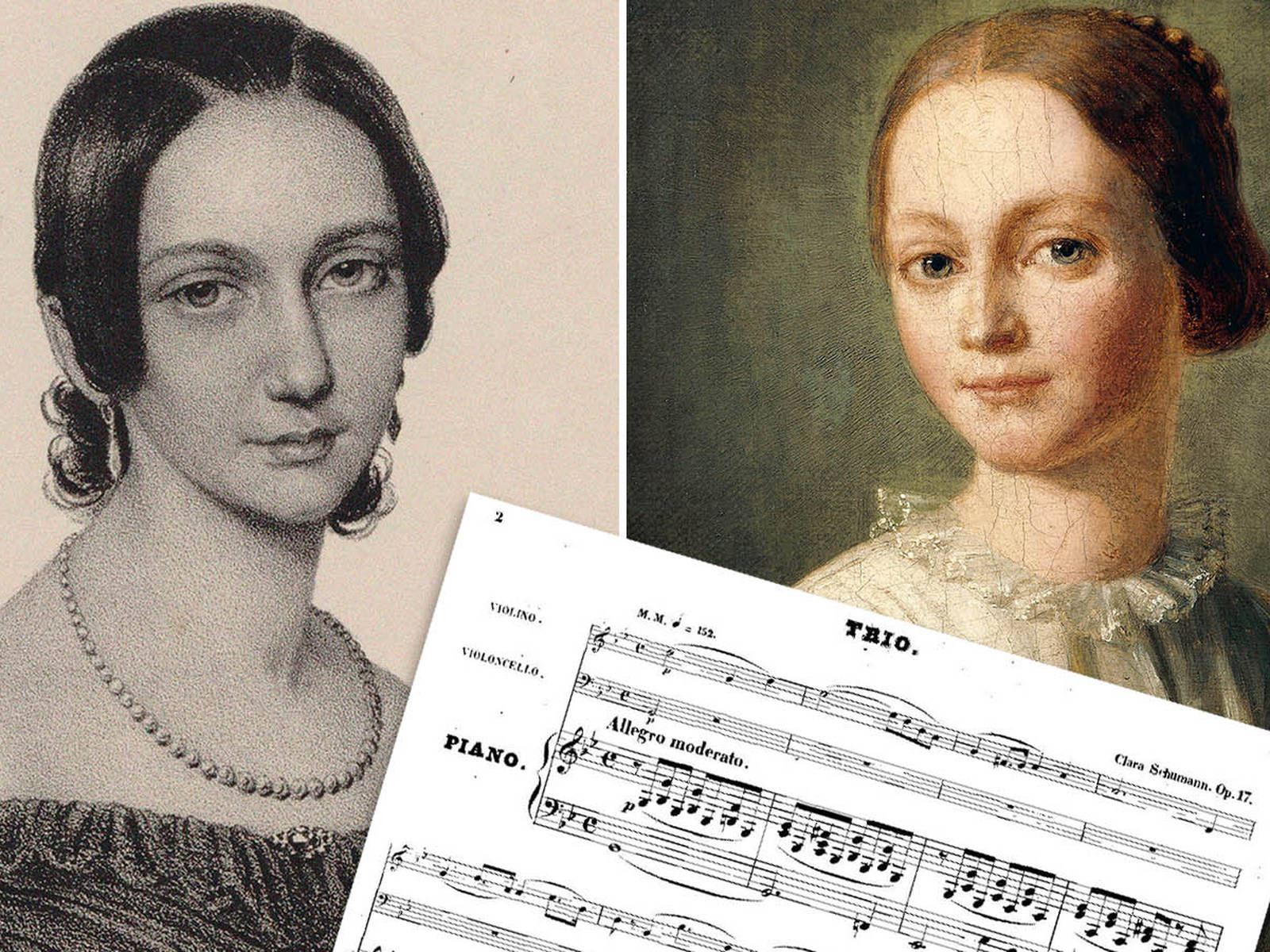
Scott Joplin – Biography and Life
Scott Joplin, often dubbed the “King of Ragtime,” was a pioneering American composer and pianist whose innovative compositions forever changed the landscape of American music.[…]

Fascinating facts about Debussy
Claude Debussy, a French composer of the late 19th and early 20th centuries, is renowned for his groundbreaking contributions to the world of classical music.[…]

Harmonies of a Genius: Unraveling Chopin’s Life and Legacy
Frederic Chopin, a composer and pianist of unparalleled genius, left an indelible mark on the world of music during his short but brilliant life. Born[…]

The hard life of Clara Schumann – Biography
Clara Schumann, born Clara Josephine Wieck on September 13, 1819, in Leipzig, Germany, was a remarkable pianist and composer who left an indelible mark on[…]

From Harpsichords to Concert Grand: Unveiling the Magnificent Invention of the Piano
Throughout the history of music, numerous instruments have captivated audiences with their melodious sounds and unique qualities. Among these extraordinary inventions stands the magnificent piano,[…]

The Mesmerizing Melodies: Top 10 Songs by Frédéric Chopin
Frédéric Chopin, one of the most influential and beloved composers in the history of classical music, left an indelible mark on the world with his[…]

7 Facts About Clara Schumann You Didn’t Know
Clara Schumann was one of the most influential and accomplished musicians of the 19th century. She was a pianist, composer, teacher, and wife of the[…]

Life and History of Franz Liszt
Franz Liszt was one of the most influential and original composers of the 19th century. He was also a virtuoso pianist, a music teacher, a[…]

Clara Schumann: A Musical Genius
Clara Schumann was one of the most influential and celebrated pianists of the 19th century. She was also a composer, teacher, and wife of the[…]

A Brief History of the Piano
The piano is a keyboard instrument that has a long and rich history of innovation and evolution. It is widely regarded as the most popular[…]